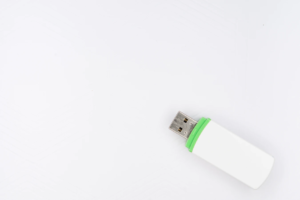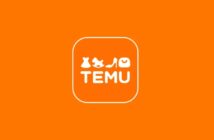Have you ever found yourself in a position where you are desperately searching for a document at work but you cannot find it, even if your life depended on it? If yes, then you are not alone.
If no, then consider yourself lucky. Locating data and documents with ease is an essential skill for those working with computers. A lot of us conduct bad practices when managing documents and then, later on, find ourselves in frustrating situations.
Here are 6 simple tips that will make you better at managing documents at work.
1. Keep File Names Short
Do yourself a favor and keep file names concise. Sometimes, when we are rushing to save things we don’t consider our future selves and how easily we can relocate this file. Keep them short and make sure it is clear what the document is. There is no point in saving it as ‘shdod’ because while it is short, it is also gibberish. Saving your document under a short descriptive name will be just fine and you’ll be grateful for it when you come back to it.
2. Use Management Software
A lot of businesses are turning to management software systems to help keep files safe and all in one place. Typically this is used for contracts, legal documents, and agreements as these are of high importance. Some of the best contract management software systems offer unique, unified digital workspaces where people can simultaneously access their business documents anywhere in the world and at any time. This online filing system will save businesses from ever having to physically file documents again. Another perk of using document management software is that you do not need to worry about backing up files, as the advanced technology used does everything for you.
3. Use Descriptive Names For Folders
Folders and subfolders are essential in making sure that documents are easier to find. While it might seem like more effort to click through the folder to sub-folder, it becomes more organized and is easier to navigate. Additionally, this keeps everything concise and you don’t have to filter through hundreds of documents in one folder as everything will be broken down into bite-size pieces. This process is known as ‘chunking’, and the idea behind it is that the more detailed folder names are, the easier and faster it will be to locate what you need.
4. Archive And Delete Old Files
A common mistake made is not deleting old files. While it is important to know what files to keep, old, unused files will take up storage space, become virtual clutter and make it harder to find the documents you need. Deleting and archiving files is one of those tasks that we continuously put off, and we tell ourselves we will do it tomorrow but tomorrow never comes. Instead of doing that, consider setting up a monthly routine to go through files. That way you are not spending too much time deleting files, but you are also going through it regularly enough that it does not turn into an impossible task.
5. Encourage Good Habits
Often at work, we share access to folders and documents with other colleagues, so we must set a good example. If you are filing and storing documents in an organized manner it will hopefully encourage others to do the same. This can take some time and some polite reminders, but eventually, the good habits and practice what you preach will become second nature. Ultimately, what is important is that you focus on your habits and practice, as anything that changes around you is just a bonus. Be patient and trust in the process.
6. Back Documents Up
Nobody ever wants to have to think about worst-case scenarios, but if you fail to prepare for them then prepare to fail. Whether you are filing documents physically or digitally, you have to have a backup plan for if things go wrong. If you are using document management software, then this is not something you need to worry about as the company you are using will have figured that all out. Otherwise, if you are digitally storing files, you need to back them up on a hard drive or USB. Computers and laptops break all the time, so make sure your documents are backed up on a secondary source.
With these simple tips, you will become much better at managing your documents at work. This will increase efficiency, productivity and hopefully good practice techniques will spread across the office.






